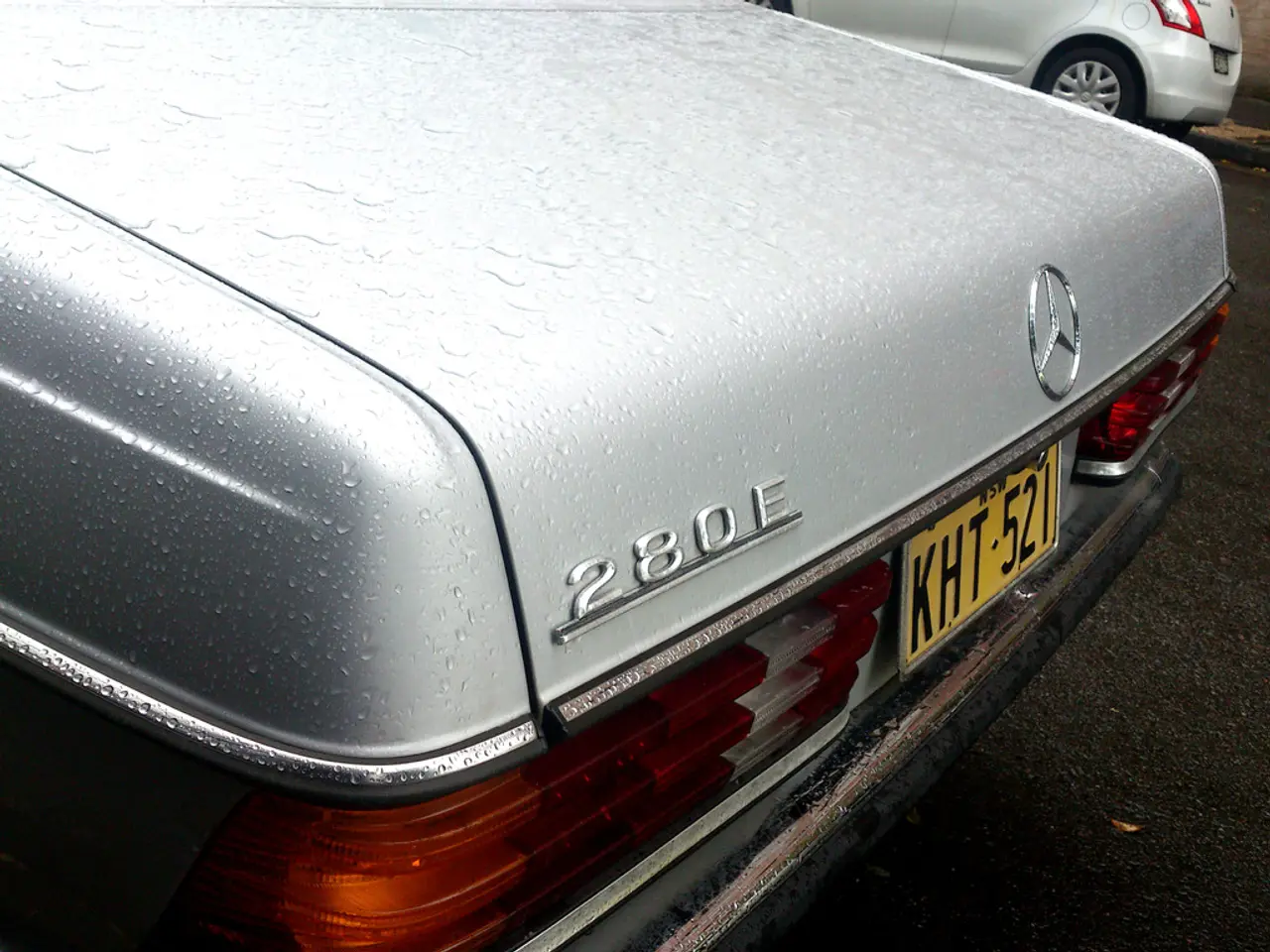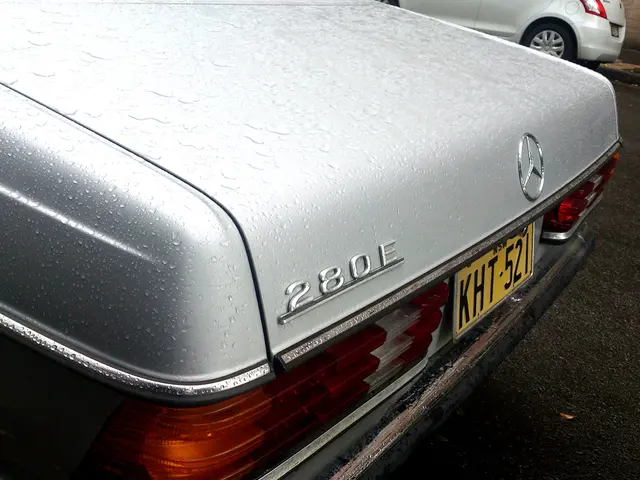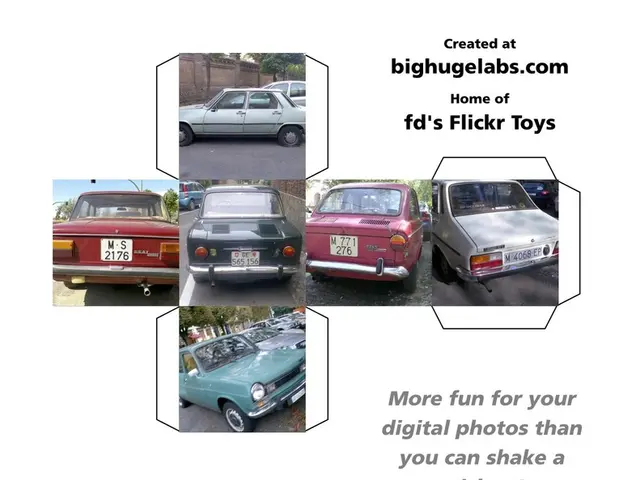Daimler's GenH2 Trucks Prove Hydrogen's Potential in Long-Haul Logistics
Daimler Truck is advancing its hydrogen-powered truck initiative, focusing on long-haul logistics. The company's GenH2 trucks have already covered over 225,000 kilometers in real-world operations, showcasing their potential in reducing emissions and matching diesel refueling times.
Daimler's approach involves using battery-electric trucks for shorter routes and fuel cell trucks for long hauls. The company is collaborating with various partners to ensure the viability of its hydrogen-powered trucks. These include cellcentric, a joint venture with Volvo Group, and dynaCERT, a Canadian technology company specializing in hydrogen-related emission reduction. Daimler is also part of the Hydrogen Council, a global coalition promoting hydrogen economy development.
In late 2025, Daimler will start a second trial phase for the GenH2 trucks, with five new customers joining the test. The company is preparing for small-series production of about 100 GenH2 trucks in late 2026, targeting companies already positioned to support hydrogen fueling.
During the trial, the GenH2 trucks consumed about 15 metric tons of hydrogen in 285 refueling stops, with hydrogen use ranging from 5.6 to 8 kilograms per 100 kilometers. Daimler estimates that the GenH2 trucks avoided the combustion of about 58,000 liters of diesel and prevented the release of roughly 154 metric tons of carbon dioxide. However, the trial relied on only two refueling stations, underscoring the need for more infrastructure to support broader adoption of hydrogen-powered fleets.
Industry projections suggest Europe will need 2,000 hydrogen fueling stations by 2030 to support commercial fuel cell trucking. Daimler's GenH2 trucks can travel over 1,000 kilometers on a full tank of liquid hydrogen, matching diesel refueling times of 10 to 15 minutes. Daimler selected liquid hydrogen for its higher energy density and lighter storage footprint, resulting in longer driving ranges and fewer stops.
Daimler Truck's GenH2 hydrogen fuel cell trucks have proven their worth in real-world operations, demonstrating significant emission reductions and competitive refueling times. As the company prepares for larger-scale production and more trials, the need for expanded hydrogen fueling infrastructure becomes increasingly apparent. With industry projections showing a growing demand for hydrogen fueling stations, Daimler's dual-technology strategy positions it well to tackle both short and long-haul logistics challenges.
Read also:
- Reconsidering the Approach to Mountain Height Measurement?
- UK automaker, Jaguar Land Rover, to commit £500 million for electric vehicle manufacturing in Merseyside
- Standard Nuclear & Framatome Join Forces to Boost TRISO Fuel Production by 2027
- IAEA Urges Action as Zaporizhzhia Nuclear Plant's Power Crisis Worsens








